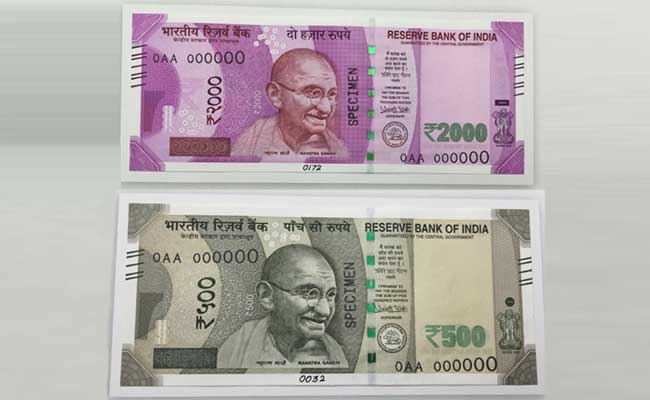In a sudden address to the nation, Prime Minister Narendra Modi has announced that starting midnight, existing Rs. 500 and Rs. 1,000 notes can no longer be used for any transactions.
They must be deposited, starting Thursday and through December 30, at post offices and banks, he said, describing the move as essential to fight “the disease of black money.”
New Rs. 500 and Rs. 2,000 notes, cleared by the Reserve Bank of India, will be introduced on Thursday.
For now, notes currently in use can be traded for upto Rs. 4,000 till November 24 and for larger amounts thereafter. Against notes that are deposited, withdrawals of upto Rs. 10,000 a day or 20,000 a week will be permitted for now.
PM Modi, urging the country to bear with “temporary hardships” in the implementation of the new rule, said that banks will be closed to the public tomorrow and ATMs will not work in some places for the next 48 hours and withdrawals will be limited till Friday to Rs. 2,000.
PM Modi said that since his government was elected, 1.25 lakh crores of black money “belonging to the corrupt” has been uncovered, through a series of measures including a voluntary disclosure scheme which has seen a good response.
Where can I go to exchange the notes?
The exchange facility is available at all Issue Offices of RBI and branches of commercial banks/RRBS/UCBs/State Co-op banks or at any Head Post Office or Sub-Post Office.
Can I withdraw from ATM?
It may take a while for the banks to recalibrate their ATMs. Once the ATMs are functional, you can withdraw from ATMs upto a maximum of Rs.2,000/- per card per day upto 18th November, 2016. The limit will be raised to Rs.4000/- per day per card from 19th November 2016 onwards.
Can I withdraw cash against cheque?
Yes, you can withdraw cash against withdrawal slip or cheque subject to ceiling of Rs10, ..
reference : ndtv.com


